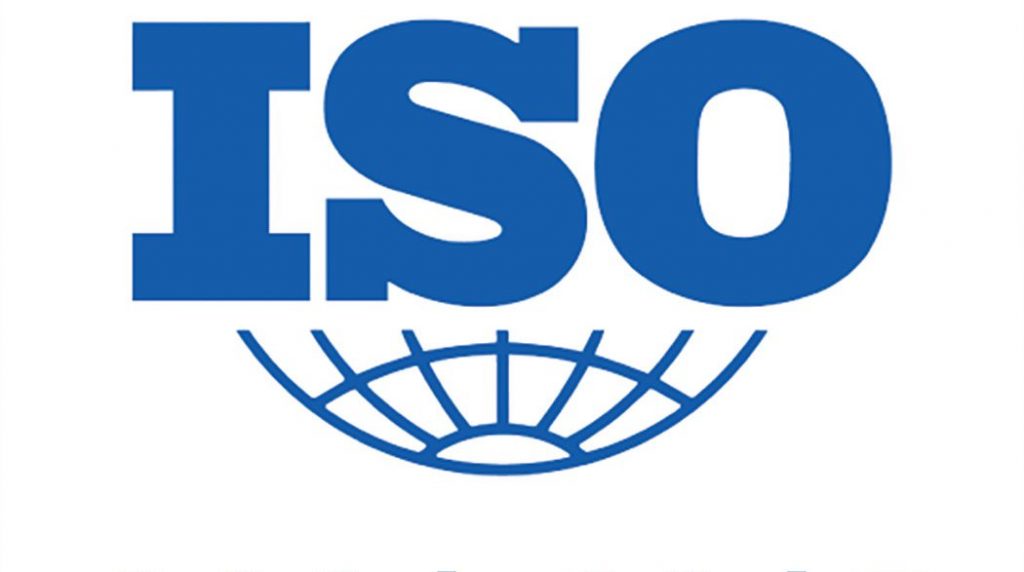How can a startup benefit from ISO 9001?
Certification and implementation of ISO 9001 may not ever be at the top of a new business’ wish list, given the economic and operational pressures, many startups discover themselves in the beginning stages of growth.
With choices to be made in terms of project expenses and the advantages they produce, ISO 9001 is a wise decision for a startup. Achieving all elements of the standard can support a startup, but what components of the ISO 9001 standard, in particular, should determine to be of most beneficial? Let us find that out in this blog. But before that let’s start with the basics.

What is ISO 9001?
First, let’s take the case of ISO 9001:2015 – Quality management systems – Requirements are the standard that define the conditions for building a quality management system within a company.
ISO 9001 applies to any organization that requires to prove its regular capacity to produce products and/or services that satisfy the customer and statutory provisions in a system that eventually aims to improve customer satisfaction.
This document places importance on the role of leadership in quality management and the quality of risk management. The standard itself is kept in great regard, as there are certification authorities that can brand companies as ISO 9001 certified.
How can a startup benefit from ISO 9001?
The cost of implementation is surely a concern for most startup businesses. At a time when most startups may have to decide between the implementation of some projects on a cost or benefit basis, it is important that a startup follows both parts of this comparison. So, regarding this, let us explore the benefits of ISO 9001 implementation to a startup enterprise.
- The process strategy: Building uniform processes in the early days of business can generate large benefits as your startup develops. Creating common rules in these early days not only can help your business produce compatible products and services, but will also contribute a sound basis for development and growth. Adding new employees to methods that are organized and well documented can support save on-time, expense, and efficiency of delivery.
- The Plan-Do-Check-Act model: This is a primary part of the ISO 9001 standard, and discovering to use this efficiently can profit any startup enterprise. While the speed of work appears very relevant to a young business, it may well pay to create a culture amongst your staff where careful planning, monitoring, and modification of actions taken serve to present unique and constant results for the startup.
- Drive your sales up using ISO 9001: Using customer feedback, discovering how to monitor and review, forming an effective corrective action process, and producing a culture of constant improvement can all assist to encourage sales. Building these good habits in the early days of a startup can help to set a good practice that promotes your business to grow further.
- Forming a careful approach to risk and opportunity: While risk and opportunity are crucial elements of the ISO 9001:2015 standards, these things have always stood at the center of thriving enterprises. Developing a society where startup employees have a strong eye for risk and opportunity will help a profession well, and allow profits to be maximized while risks are recognized early and can be dismissed.
- Preparation for the changes: One thing that is sure is that transformation will occur throughout the early stages of a startup. The incapability to manage change and develop accordingly is one of the main causes that many startups do not remain through the first few years of business. Preparing for change is one of the most practical things a good startup can do, and it recently has grown a hot topic for investors to ask startup enterprises before securing a financial commitment. After all, if a startup is not outfitted for change, then growth may not happen.
- Establishing aims and objectives: Aims and objectives are essential elements of the ISO 9001:2015 standard, and also significant elements for any startup business. Building the practice of setting, evaluating, and taking action against objectives and the subsequent results is a vital part of spurring growth and development ahead in a new venture’s development.
Must-needs for Startups
Fundamentally, all startups are turned from a person or a group of people and an idea. Initially, young organizations need customers, a product, timing, engagement, investment, and a trustful team. Many of these pillars of a startup company are helped by the presence of a reliable quality management system. Shortly it becomes apparent that achieving ISO 9001 can produce many strengths as well as advantages to a startup.
ISO 9001 assures a great deal for startups!
Whether it is about achieving ISO 9001:2015 only, or proceeding with certification along with it, there are many benefits for the startup. Certification to the standard, though, can bring reputational advantages and guarantee entry to levels of business that can drive a startup into contacts and contracts that a non-certified company unquestionably cannot win.
Prior to the certification, usually six months to a year down the line there are still many advantages to have. Assessing competencies and discovering to assess performance against goals is an invaluable habit supported by the standard that will give huge profits to a startup.
With ISO 9001 quickly becoming an entry-level certification for many governmental and local authority contracts, the ISO 9001-certified startup has access to businesses than other organizations. Implementation and certification cost money, but it is also often the case that there are funding sources available for startups, so this may be the most practical time to achieve ISO 9001 for a growing business.
For an organization, being ISO certified is necessary to make an impact on internationally recognized quality standards in terms of its products and services.
NdimensionZ Solutions helps in ISO Consultation so that its clients meet the expected standards. Meanwhile the clients can focus on their business requirements



